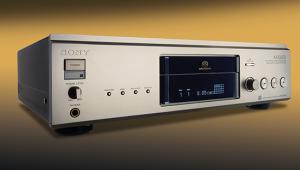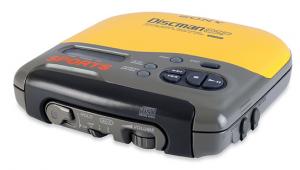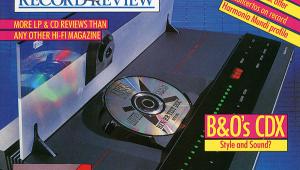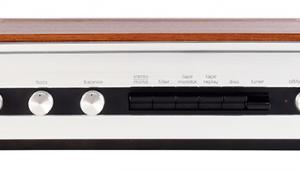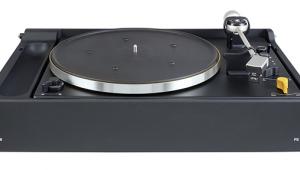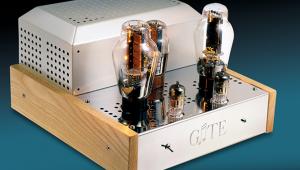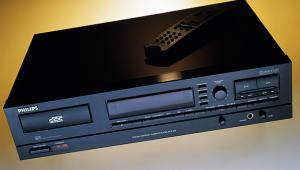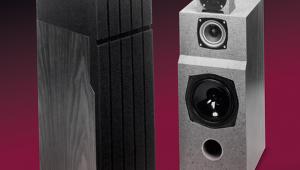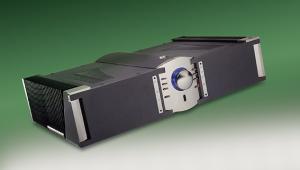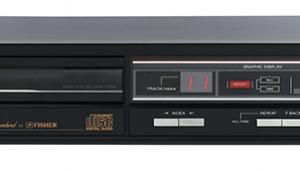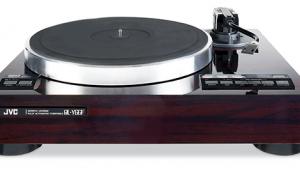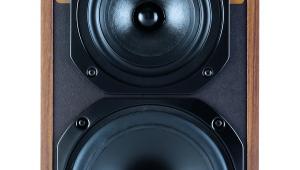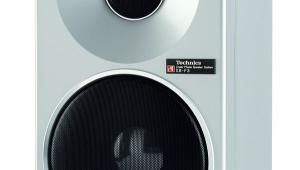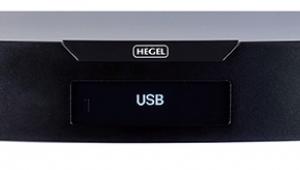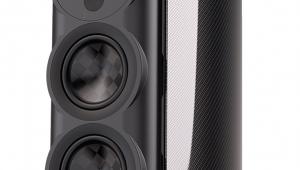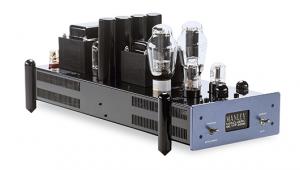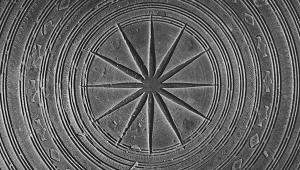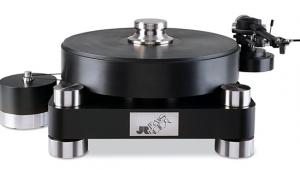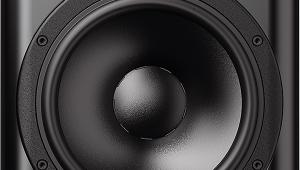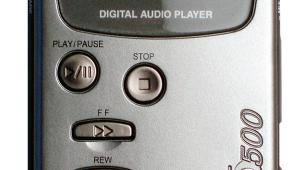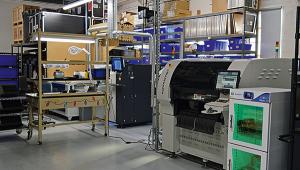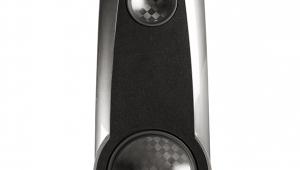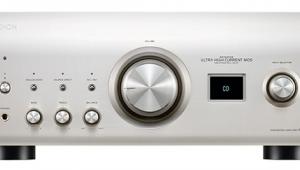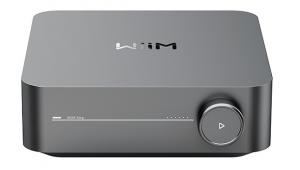Technics SL-Q303 turntable Page 2
Another oversight appears to be the tendency of the record to develop and retain an electrostatic charge, possibly as the result of the materials used in the synthetic rubber mat. This causes the playing surface to attract dust, meaning that keeping the deck's lid shut is a must for an uninterrupted play-through of a complete LP side if excessive stylus contamination is to be avoided.
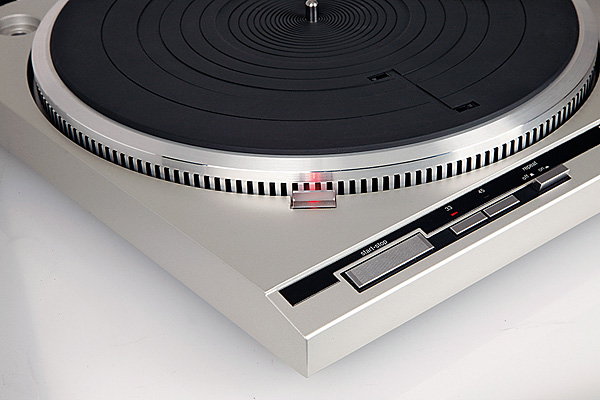
Against these observations I found the performance of the motor to be quite superb. Pitch and tempo stability were beyond reproach, both exhibiting a solidity one normally associates with CD. Additionally, not a trace of rumble could be heard through the speakers – a remarkable result for a turntable that was aimed primarily at the non-specialist market.
![]() Tim Listens
Tim Listens
From a musical point of view, the main factor that limits the Technics SL-Q303's performance is the supplied cartridge. Although reasonable, the rest of the deck clearly deserves better. Fitted with the standard spherical-tipped EPS-25CS stylus, the EPC-U25 gave a hard and brittle sound that lacked any real bass extension. This is a shame since the basic tracking performance of the cartridge was good, even at comparatively low downforce settings. It also provided a continuous and surprisingly wide stereo image.
When the deck was originally launched, Technics offered the option of the EPS-25ES – a replacement stylus with an elliptical tip. While I have no doubt that this would have resulted in a significant improvement in performance, the use of a standard mounting means all manner of alternatives can be tried (so long as they aren't too heavy). I opted for the most obvious option: an Ortofon 2M Red [HFN Oct '08] fitted to a lightweight headshell. This resulted in a richer and more balanced sound – a worthwhile improvement in return for a reasonably modest outlay.
In this form, the SL-Q303 delivered a beautiful performance of Kate Bush's 1980 album Never For Ever [EMI EMA 794]. Whether is was the tubby bass sound of the acoustic guitar underpinning 'Army Dreamers' or the ever-so-delicate percussion lines in 'Breathing', the fine focus and admirable stability of the Technics deck never failed to delight and impress. The sustained piano chords that open the latter of these two selections – a demanding test for any turntable – stood out in particular for their solid and consistent pitch. Looking for faults, in some instances an especially deep and heavy bass note could have a tendency to become extended and diffuse, possibly as the result of a resonance in the system somewhere.
Packing A Punch
Curious as it may seem, the Technics quartz-locked direct-drive motor appears to have a 'signature' all of its own, which can easily be heard. It centres around the motor's ability to really drive the rhythms of a piece of music along, placing each beat precisely in time so that the full range of detail in a recording is revealed.
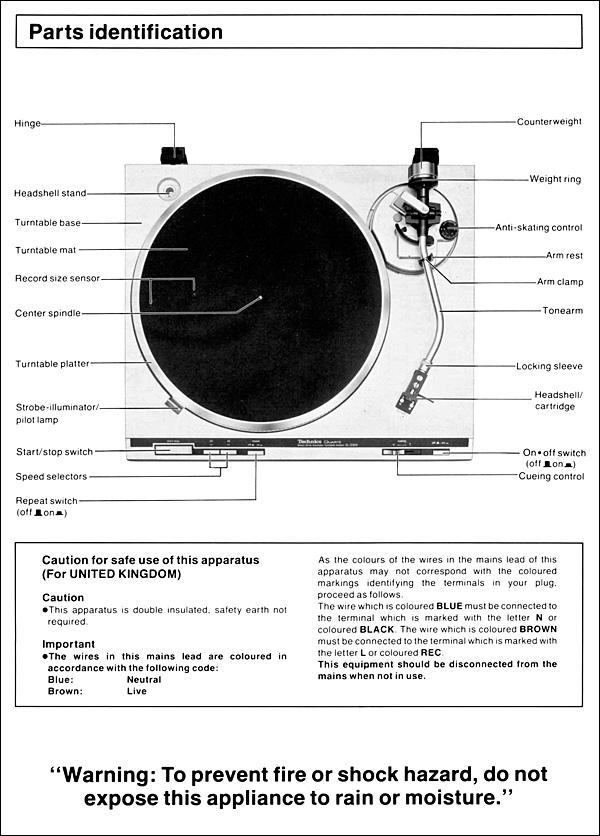
The SL-Q303 retains this character, which was clearly demonstrated when playing Level 42's self-titled first album from 1981 [Polydor POLS 1036]. More acoustic in its nature than the band's later material, the tracks on this early work all seemed to benefit from the no-nonsense, straight-to-the-point delivery of the SL-Q303. 'Love Games', so familiar still after years of radio play, was brought back to life by the turntable's punchy sound. The character of the deck seemed to complement Mark King's unusual bass guitar technique perfectly, serving up the abrupt bursts of slap bass right on cue.
When you bear in mind the unpretentious nature of this deck, its wide availability and the ease with which it fits into domestic surroundings, it is difficult not to recommend the SL-Q303 wholeheartedly. Not just as a vintage collectable either, but as a serious contender for main system use for those looking for an economical way to experience the virtues of the quartz-locked direct-drive technique.
Buying Secondhand
The most difficult part of buying one of these turntables is getting to grips with all the different versions out there so you know what it is that you are looking at. The SL-Q303 and SL-Q202 represent the best value for money in that they can lay claim to the top materials and technology without the restriction of T4P cartridges. Nonetheless, many have led a hard life as part of packaged stack systems, so be on the lookout for scratched or broken lids and missing minor parts, as well as damaged arms and bearings.
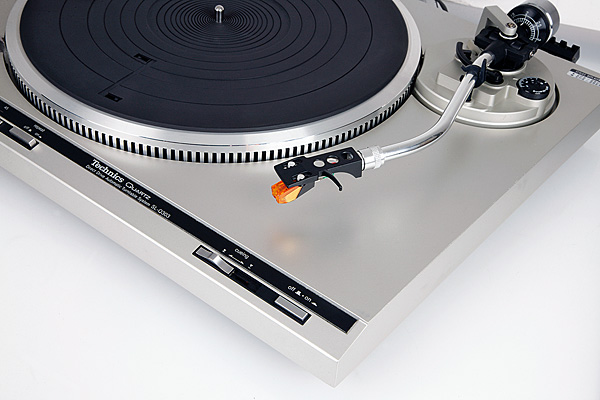
The aluminium plinth is certainly robust but it is easily marked and can be difficult to get properly clean if really grubby. By now the springs supporting the TNRC sub-chassis may have sagged, so a small amount of adjustment may be necessary to make the suspension effective again.
When it comes to the electronics, the reliability of this design has proved to be excellent over the years. On the very rare occasion that the motor gives trouble (such as being difficult to start or refusing to turn at all) a defective Hall sensor is usually the cause. Unlike Sony decks of this era, there is no stripe of magnetic paint to worry about in a Technics motor.
Mechanically the news is also good with no major pitfalls. Servicing and lubrication is made easier by taking off the arm, which lifts away complete with its base and wiring once the plinth and a few screws have been removed.
Hi-Fi News Verdict
The SL-Q303 demonstrates very well what a carefully designed quartz-locked direct-drive turntable can be capable of. Even though it has been packaged for high-quality domestic use rather than for audiophile applications this should not exclude it from consideration for an enthusiast's system, especially if the budget allows for a better cartridge. Experience has shown that these turntables are reliable too.

